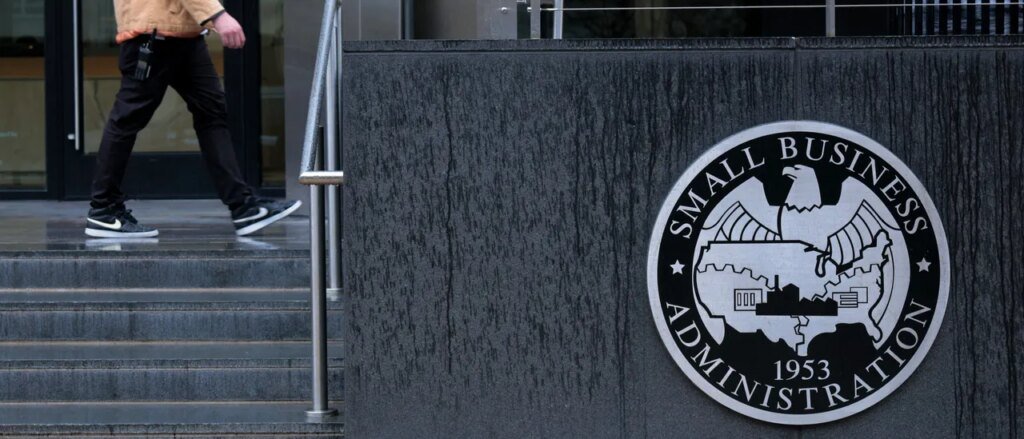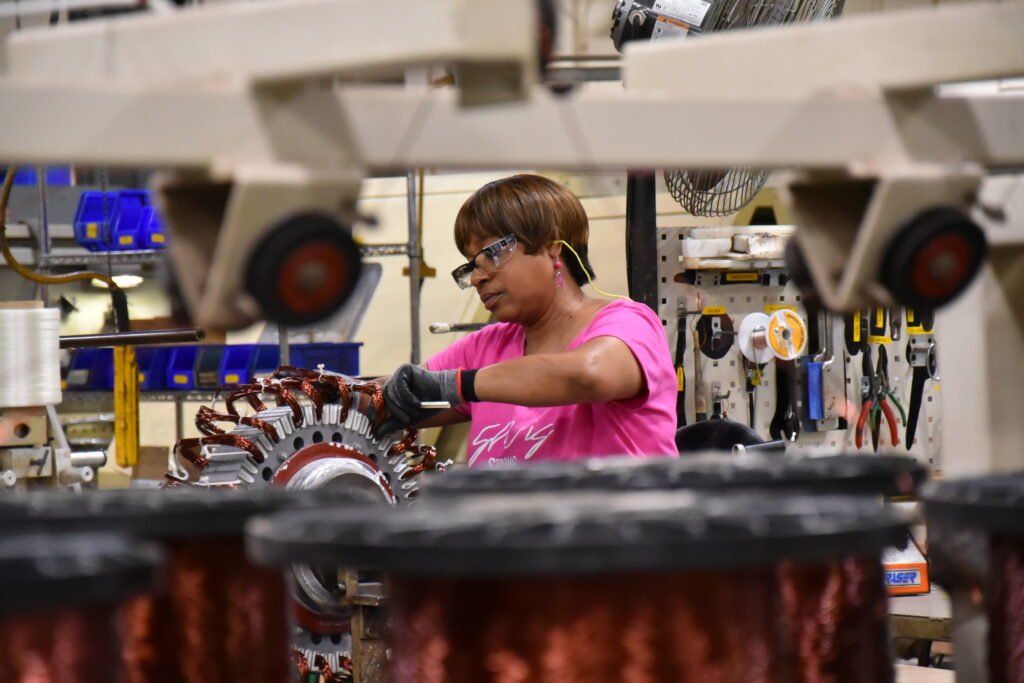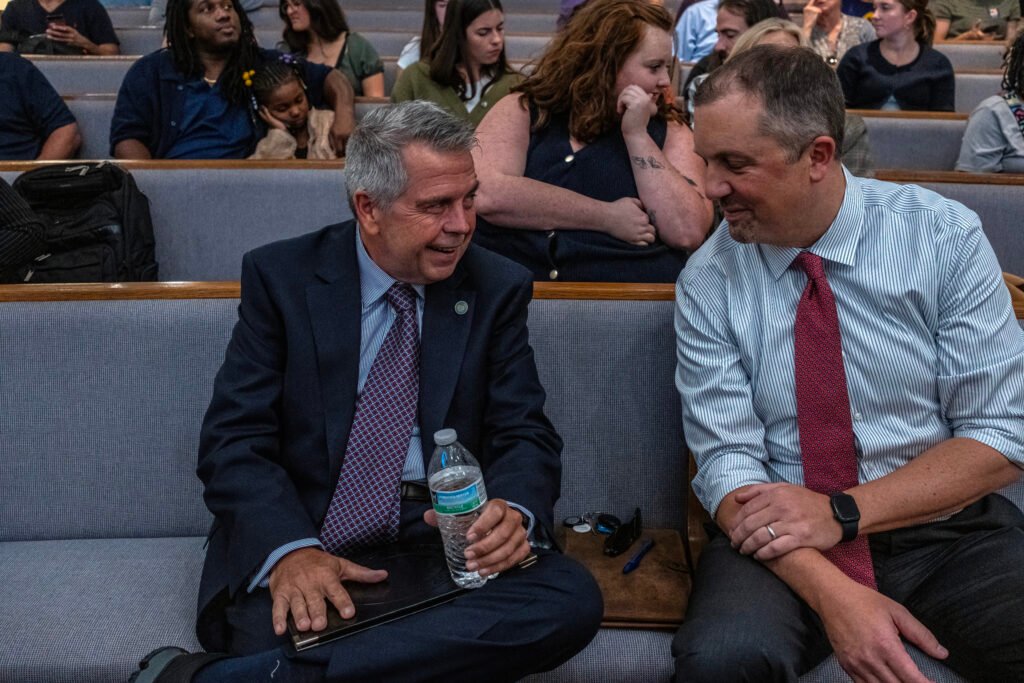Federal Government Shutdown Impacting Small Businesses
The federal government is currently shut down, and this situation has been exacerbated by Senate Democrats, affecting small businesses across the nation.
The U.S. Small Business Administration (SBA) has had to halt its main loan guarantee program, which typically helps around 320 small businesses every day. This program is crucial for entrepreneurs aiming to secure financial backing for their ventures. With this shutdown potentially dragging on, countless local businesses face significant risks of running out of resources.
Essential funding of $170 million from the SBA is now unavailable, which would have supported jobs and growth. However, since the SBA’s 7(a) and 504 loan programs are self-sustaining, this freeze doesn’t actually cost taxpayers anything.
This shutdown comes during a challenging time for Main Street, which is still recovering from the highest inflation rates seen in four decades and a massive $1.9 trillion regulatory increase under the current administration. In contrast, during President Donald Trump’s tenure, the SBA approved an impressive 84,000 small business loans amounting to nearly $45 billion in fiscal year 2025—a record for the agency.
One reason behind the rapid funding acquisition by job creators is their growing optimism about the future. According to a poll by the U.S. Chamber of Commerce, small business confidence is at its highest since 2017. Various economic indicators, like GDP growth and job creation, further reinforce the notion that small businesses, which make up 99% of U.S. businesses, are vital to economic progress.
I’ve noticed this optimism firsthand while traveling across the country. The pro-growth policies, including significant tax cuts and deregulation, have fostered an environment of certainty for job creators. Whether you’re running an innovative startup or a family-owned shop, there seems to be a renewed sense of opportunity. Factories are relocating, production is restarting, and hiring is picking up once again. Small businesses are finally feeling confident enough to expand.
But this progress has come to a halt due to Senate Democrats blocking HR 5371—a straightforward funding resolution proposed by Senate Republicans. Instead, they are pushing a different bill, S. 2882, which includes additional spending primarily aimed at health benefits for undocumented immigrants.
In light of these developments, President Trump and the SBA are working urgently to reopen the government. Unfortunately, Senator Schumer and his colleagues have not been supportive of these efforts.
Small businesses make up nearly half of America’s private sector jobs, create two-thirds of new employment, and contribute nearly half of the country’s GDP. During the last shutdown, the SBA faced approximately $2 billion in losses due to loans, leases, and halted hiring plans—returning to normal took quite a while for many entrepreneurs and the economy overall. By opposing HR 5371, Democrats risk repeating past mistakes by restricting access to vital funding for entrepreneurs nationwide.
The SBA is prepared to continue supporting job creators, but without Senate Democrats agreeing to a clean funding bill, both jobs and essential services remain on hold.







